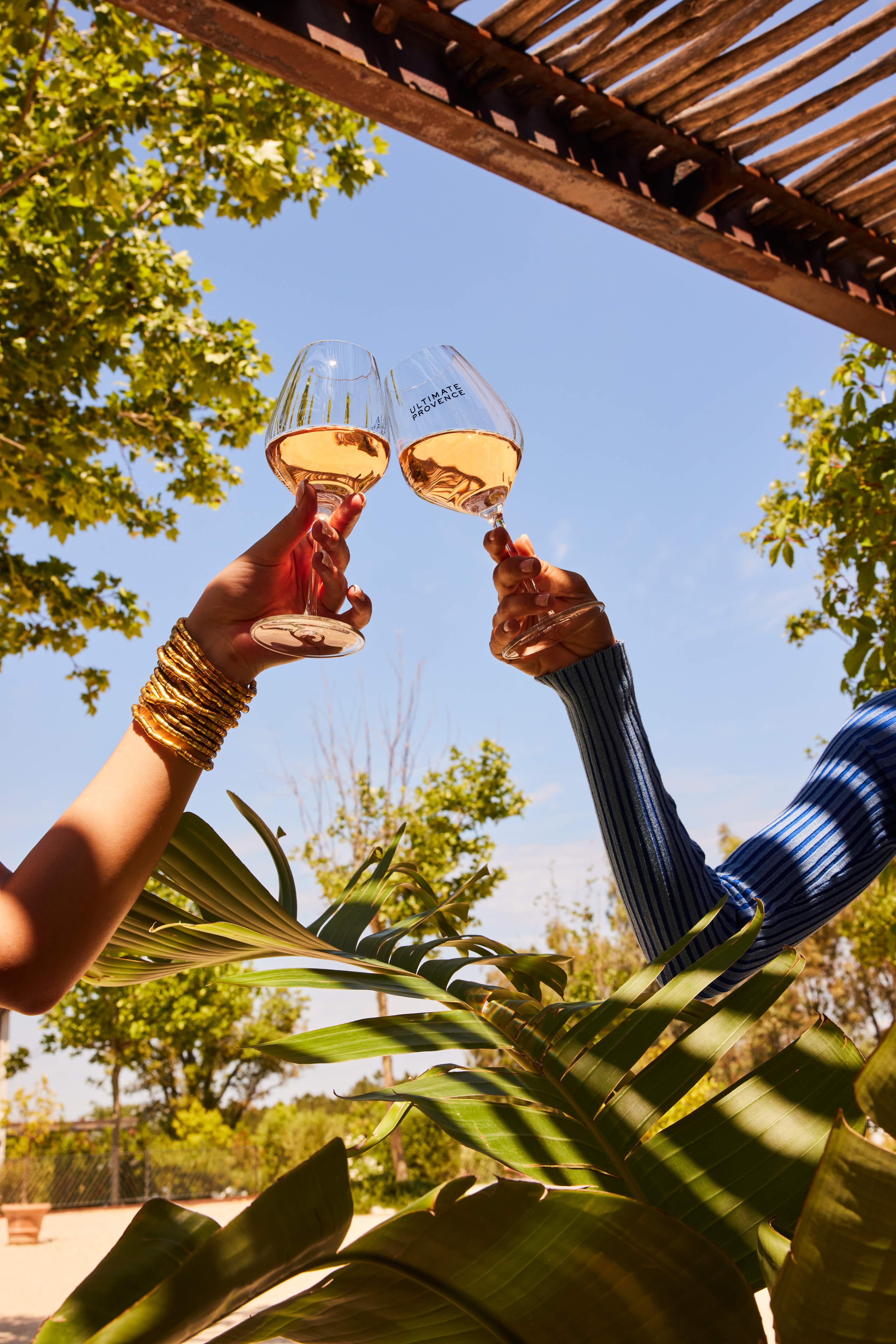Consumption habits have undergone a change in recent years, and the French are turning more and more towards healthier and environmentally friendly products. In the world of wine, choices become more complicated when faced with the different types of wine that producers offer. So, how can you tell the difference between an organic wine, a natural wine and a dynamic wine ? We guide you.
Types of wine: why is it so difficult to differentiate them?
If wine lovers sometimes have difficulty finding their way around the different wines offered by winegrowers, it is because the regulations are not as strict as in the food sector. Thus, nothing obliges the wine producer to mention the ingredients of his wine on the bottle label. Still, more than 50 products are legally accepted for producing and modifying wine, and having this information could guide consumer choice.
So, to help wine lovers adopt more responsible consumption, labels and certifications have been put in place to regulate and differentiate wines according to their ingredients and their winemaking process. Among the best-known organic farming labels, we recognize Demeter and AB.
What is organic wine?
Organic wine was only officially recognized in 2012, when European specifications were established. Until then, it was enough to cultivate grapes organically to be able to qualify a wine as "organic wine". Since 2012, the winemaking technique has also been taken into account, and certain processes are now prohibited or regulated. To be eligible for the AB label , organic wines must meet several criteria :
- No addition of synthetic chemicals is authorized in the vines (insecticide, phytosanitary products, pesticide, chemical fertilizers, etc.);
- Inputs are greatly limited in wine;
- The domain must be placed in “ organic conversion ” for 3 years before being able to claim certification.
To treat and protect their vines from diseases and parasites, winegrowers must use treatments based on copper or sulfur. During winemaking, wine stabilization techniques are less strict, and certain practices are accepted, such as acidification, the addition of sulphites , or the addition of industrial yeasts.
What is a biodynamic wine?
Part of a slightly more committed approach than organic wines, biodynamic wines respect more rigorous specifications, and closer to nature. This winemaking technique was born from the initiative of Rudolf Steiner, an Austrian who wanted to establish greater respect for natural processes during the vinification of wines .
Biodynamics therefore aims to encourage biodiversity in the vineyards , by facilitating exchanges between the land and the vines. The goal is to be able to count on the balance of soil life to strengthen the vines and obtain grapes that perfectly reflect the terroir, with as little human intervention as possible. Throughout the winemaking process, lunar cycles are respected to get the most out of the fauna and flora.
Not allowing the use of chemicals, as with organic wines, biodynamic wines also limit the dose of sulfur , and only 3 methods are tolerated: filtration, fining the wine and the addition of sugar.
The best-known label for biodynamic wines is the Demeter label , a certification recognized worldwide since 1932.
What is natural wine?
Natural wine , or natural wine, goes even further in its commitment to protecting the environment and making healthy wine. Among the conditions to be respected to claim this denomination, you must opt for hand harvesting, use only indigenous yeasts, and add no inputs.
Note, however, that natural wines do not have official recognition in the wine world. There is no legal or logo value to differentiate these wines. The specifications for natural wine were then established by the natural wine association, but nothing is really official.
Selection of organic wines from our Provencal estates
Château Saint-Roux and Château de Berne have chosen to convert their vineyards to organic farming to meet 3 objectives: offering healthier wines to consumers, making wines that are more respectful of the planet, and producing quality wines. reflecting the Provençal terroir. The two estates then offer exceptional organic wine vintages.
The Berne estate produces fine and fruity organic rosé wines , which perfectly reflect the sunny terroir of Provence. Among the different vintages, you will enjoy these 3 rosé wines:
- Château de Berne cuvée PUR rosé - AOP Côtes de Provence - 2022;
- Château de Berne Grande Cuvée rosé - AOP Côtes de Provence - 2022;
- Terres de Berne rosé - AOP Côtes de Provence - 2022.
Château Saint-Roux produces organic red wines, white wines and rosé wines which perfectly reflect the richness of the Provençal terroir. We particularly recommend 3 vintages:
- Château Saint-Roux rosé - AOP Côtes de Provence - 2022;
- The White Pigeonnier - AOP Côtes de Provence - 2022;
- Le Pigeonnier rouge - AOP Côtes de Provence - 2022.
It is not always easy to differentiate between conventional wines, organic wines, biodynamic wines and natural wines. If you are looking for wines from organic viticulture , the quality of the MDCV group's wines will only appeal to you.








